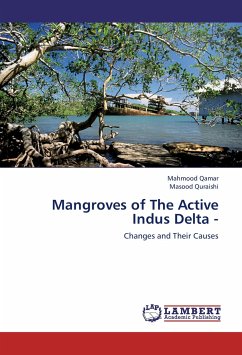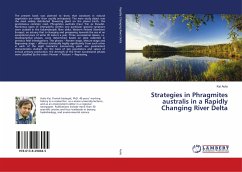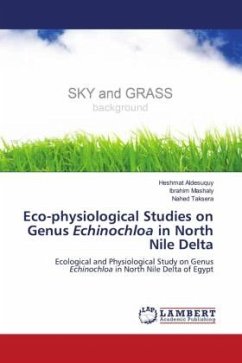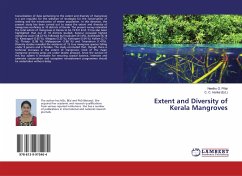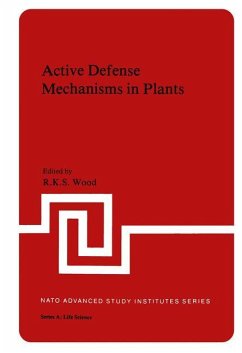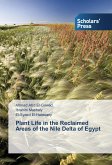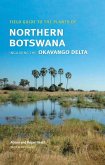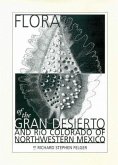Extensive GIS and field studies of Indus delta were conducted during 2005-08 to determine the influence of reduced flow of river Indus on dynamics of Indus delta changes as well as of its vegetation degradation during 49 years period from 1953 to 2001. There was huge loss of 67% in dense forests with slight reduction of 23% in the river flow in initial 25 years period whereas there was a minor loss of only 9% of dense forests in spite of huge reduction of 57% of river flow in next 24 years period. It was further determined that Indus delta mangrove forests were not degraded due to higher salinity levels. Comparative figures for different parameters of forest cover, forest density, annual growth rate as well as Shannon s diversity Index H (richness) and EH (evenness) for least flooded zone (23.12 ppt) and most flooded zone (18.74 ppt) were 60.58 vs. 56.19, 598 vs. 202, 17.46% vs. 18.08%, 0.45 vs. 0.08 and 0.40 vs. 0.07 respectively. It was determined that reduced flow of river Indus had no adverse effect on delta erosion, accretion as well as mangrove forest degradation. It was rather due to biological interventions of various natures.

